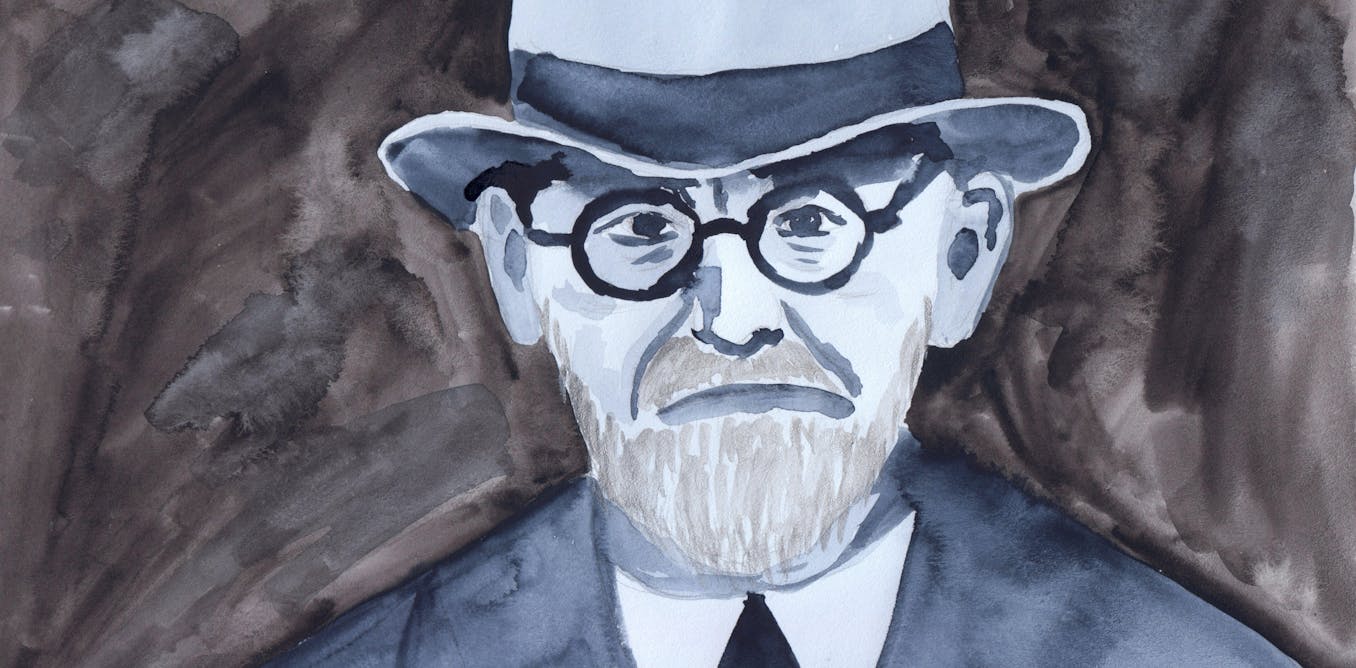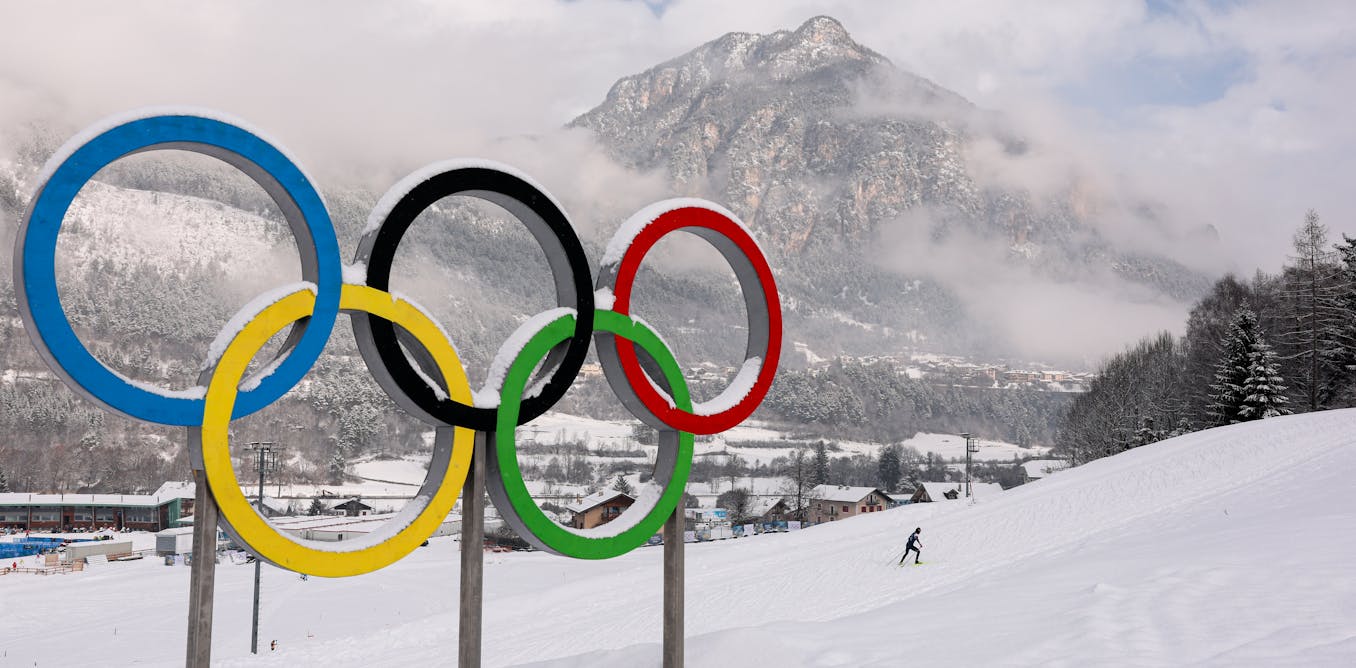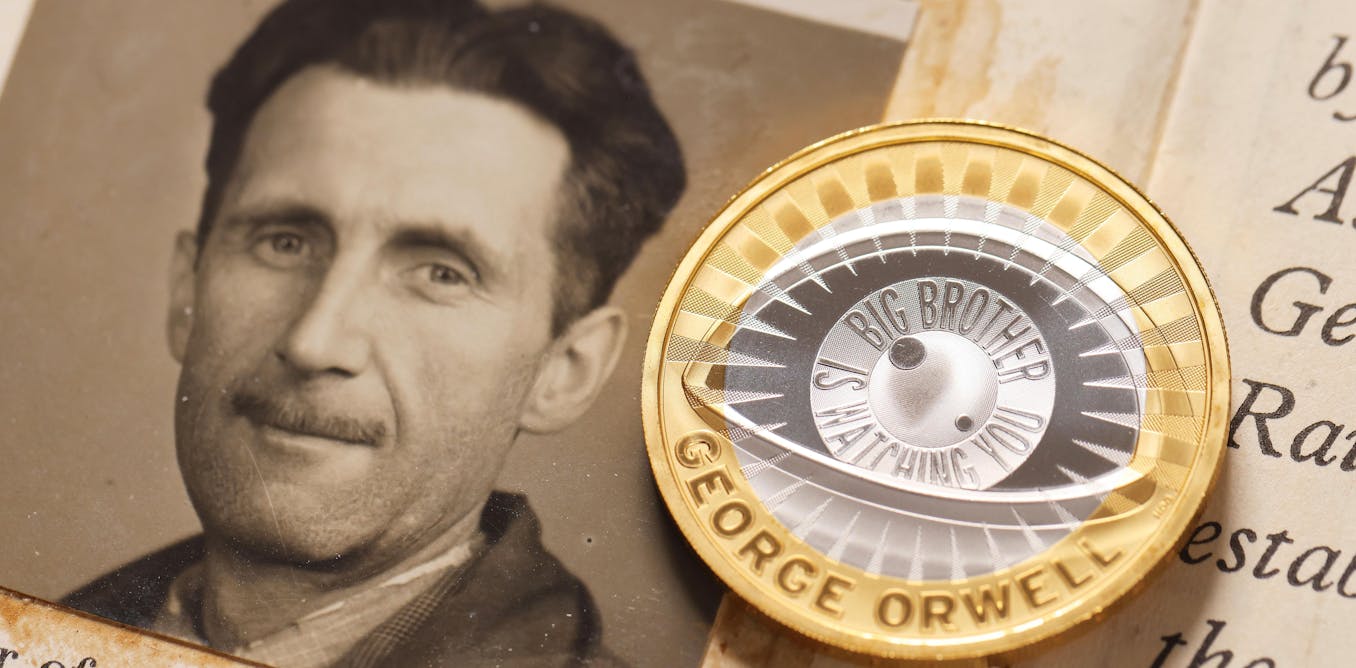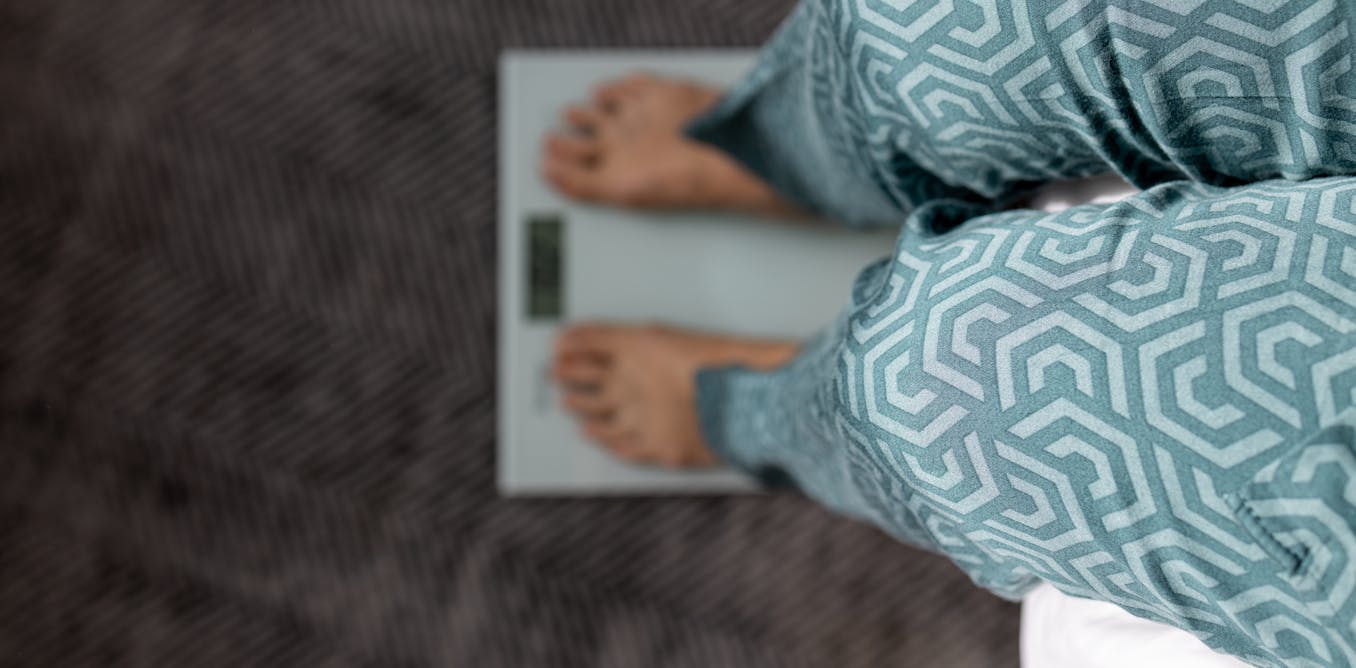At the 2022 Beijing Olympics, a distraught Alexandra Trusova won silver and promptly declared, “I will never skate again.” Swimmer Michael Phelps displayed a mix of frustration and disappointment at the 2012 London Olympics when he added a silver to his trove of gold medals. At those same games, gymnast McKayla Maroney’s grim expression on the medal stand went viral.
These moments, caught by the camera’s unblinking eye, reveal a surprising pattern: Silver medalists often appear less happy than those winning bronze.
In a 2021 study, which we conducted with our research assistant, Raelyn Rouner, we investigated whether there’s any truth to this phenomenon.
Detecting disappointment
When the athletes of the world convene in Paris this summer for the games of the 33rd Olympiad, many will march in the opening ceremonies dreaming of gold.
But what happens when they fall just short?
We studied photos of 413 Olympic athletes taken during medal ceremonies between 2000 and 2016. The photos came from the Olympic World Library and Getty Images and included athletes from 67 countries. We also incorporated Sports Illustrated’s Olympic finish predictions, because we wanted to see whether athletes’ facial expressions would be affected if they had exceeded expectations or underperformed.
To analyze the photos, we used a form of artificial intelligence that detects facial expressions. By using AI to quantify the activation of facial muscles, we eliminated the need for research assistants to manually code the expressions, reducing the possibility of personal bias. The algorithm identified the shapes and positions of the athletes’ mouths, eyes, eyebrows, nose and other parts of the face that indicate a smile.
Even though second-place finishers had just performed objectively better than third-place finishers, the AI found that bronze medalists, on average, appeared happier than silver medalists.
Close but no cigar
So why does this happen?
The answer has to do with what psychologists call “counterfactual thinking,” which refers to when people envision what didn’t occur but could have happened.
With this thought process in mind, there are two main explanations for this medal stand phenomenon.
Ronald Martinez/Getty Images
First, silver medalists and bronze medalists form different points of comparison – what are called category-based counterfactuals.
Silver medalists form an upward comparison, imagining a different outcome – “I almost won gold.” Bronze medalists, on the other hand, form a downward comparison: “At least I won a medal” or “It could have been worse.”
The direction of this comparison shows how happiness can be relative. For silver medalists, almost winning gold is a cause for disappointment, while simply being on the medal stand can gratify a bronze medalist.
We also point to a second reason for this phenomenon: Medalists form something called expectation-based counterfactuals.
Some silver medalists are disappointed because they expected to do better. Maroney’s famous grimace is an example of this. Sports Illustrated predicted she would win the gold medal by a wide margin. In other words, for Maroney, anything other than gold was a big disappointment.
We found evidence consistent with both category-based and expectation-based counterfactual accounts of Olympic medalists’ expressions. Unsurprisingly, our analysis also found that gold medalists are far more likely to smile than the other two medalists, and people who finished better than expected were also more likely to smile, regardless of their medal.
Prior studies haven’t been able to thoroughly test this phenomenon. But by using artificial intelligence, we were able to test these two theories on a large and diverse set of image data for the first time.
Smiles aren’t windows into the soul
It’s important to note that these findings do not speak to how the athletes actually felt about winning bronze or silver.
Smiles can be faked for the cameras. Other times, people smile when they feel awkward or uncomfortable.
So we can’t say with full certainty that there’s a direct connection between facial expressions and feelings. Nonetheless, these outward expressions of emotion retain communicative power and offer some insight into what athletes may be feeling.
Our findings have implications beyond the Olympics. Whether you’re competing in a spelling bee, interviewing for a job or running for political office, taking second place may come as a disappointment.
If you reframe perceptions of success, you can actually become more satisfied with your performance, particularly if you take pride in a job well done, free of comparisons or expectations.
There’s always a silver lining to second place.
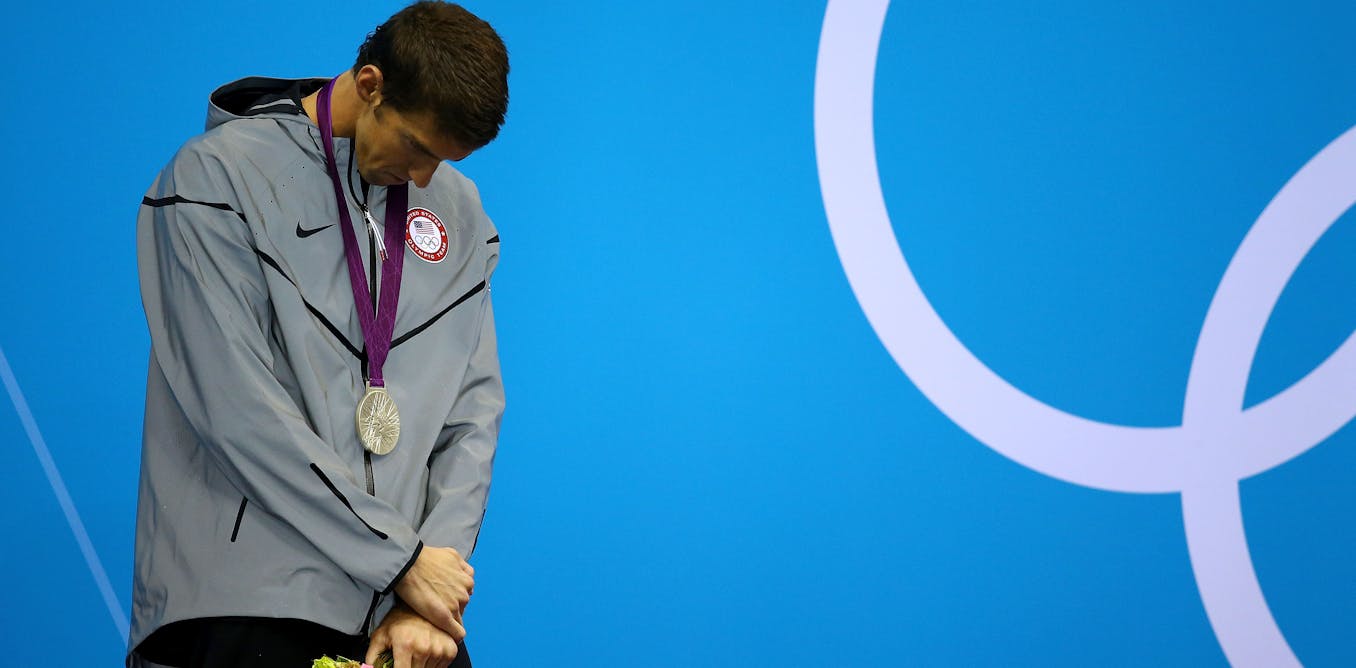
The post “For many Olympic medalists, silver stings more than bronze” by Andrea Luangrath, Assistant Professor of Marketing, University of Iowa was published on 06/26/2024 by theconversation.com





